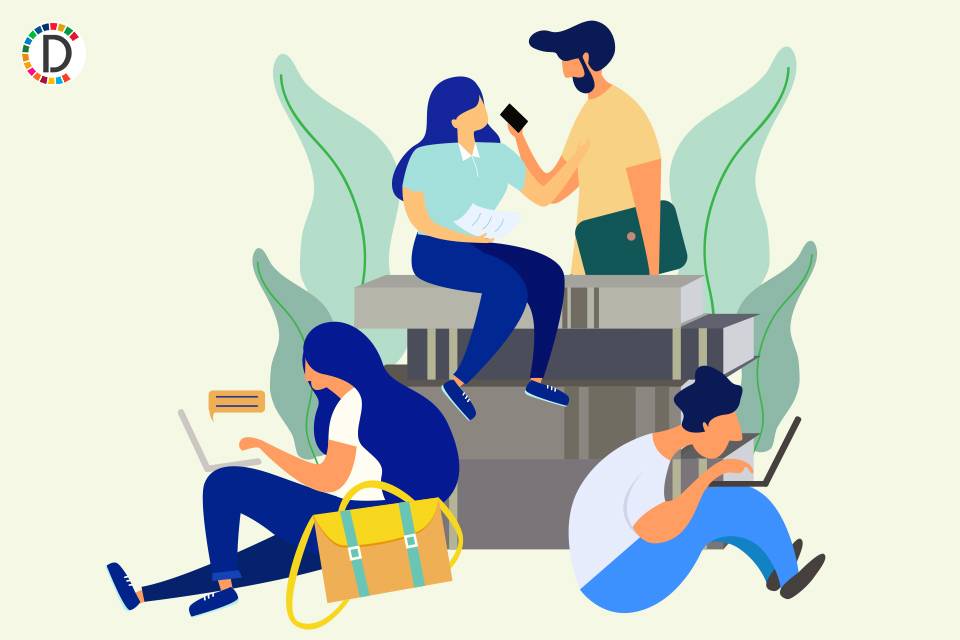Breaking the Stigma: Trans and Non-Binary Kenyans Confront Period Poverty
Transgender and non-binary individuals in Kenya face unique challenges concerning period poverty, exacerbated by societal stigma. Fear of ridicule prevents access to menstrual products, leading to potentially harmful improvisations. Efforts are underway to improve inclusivity in healthcare and raise awareness regarding the intersection of gender identity and menstrual health.

Period poverty is a significant issue in Kenya, particularly affecting trans and non-binary individuals who encounter unique challenges exacerbated by societal stigma. Despite the availability of sanitary products, many in these communities face ridicule and judgment when attempting to purchase them, causing them to resort to unsafe alternatives.
These methods, which include using rags or plastic bags, pose serious health risks such as infections or toxic shock syndrome. Additionally, this exclusion from public health messaging increases the psychological burden, intensifying gender dysphoria among transgender men and non-binary individuals.
To tackle this, groups like the Kibera Pride Initiative advocate for inclusive healthcare solutions, including the provision of sanitary pads in both men's and women's restrooms. Campaigns are calling for recognition of menstruation as a human rights issue, emphasizing the need for dignity and visibility for all who menstruate, regardless of gender identity.
(With inputs from agencies.)










